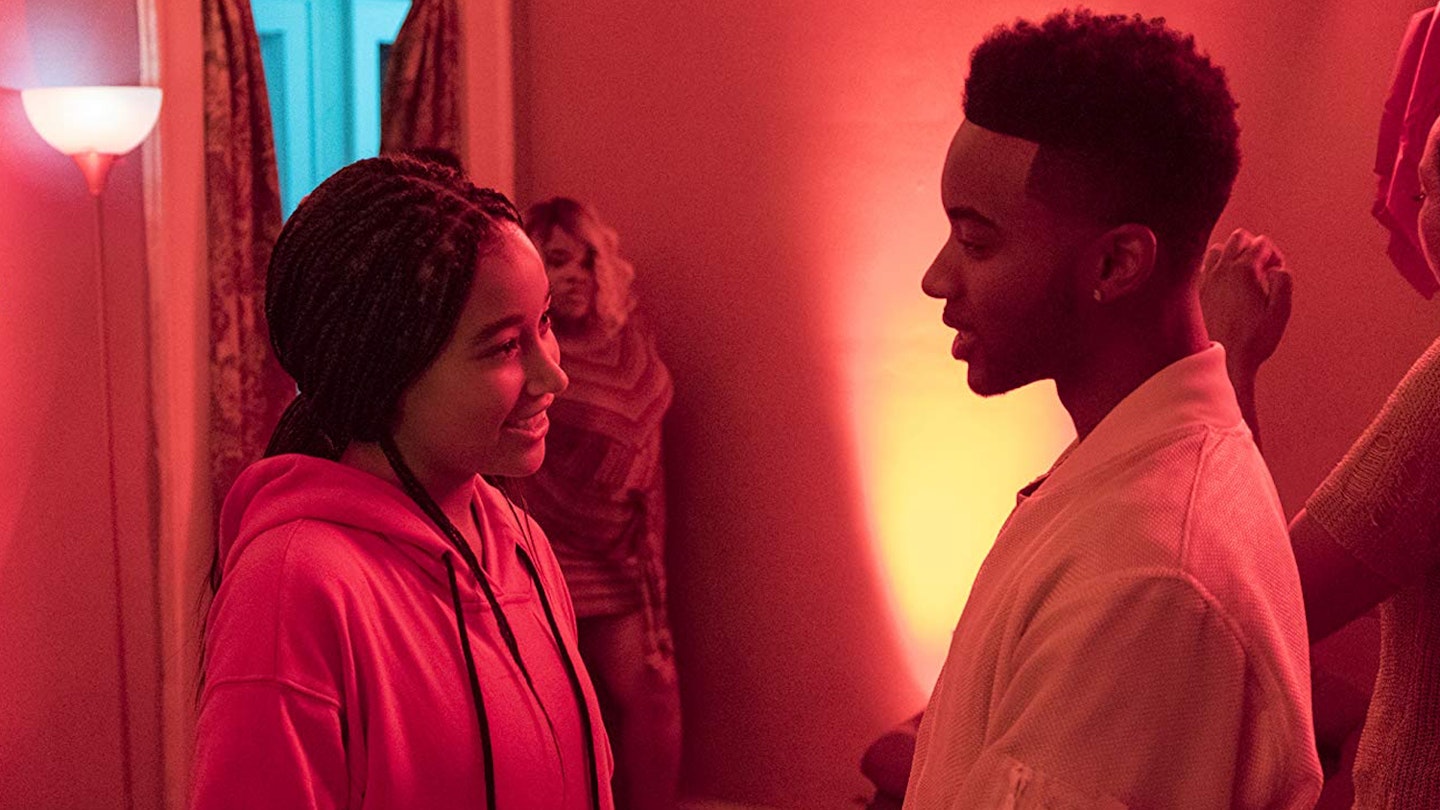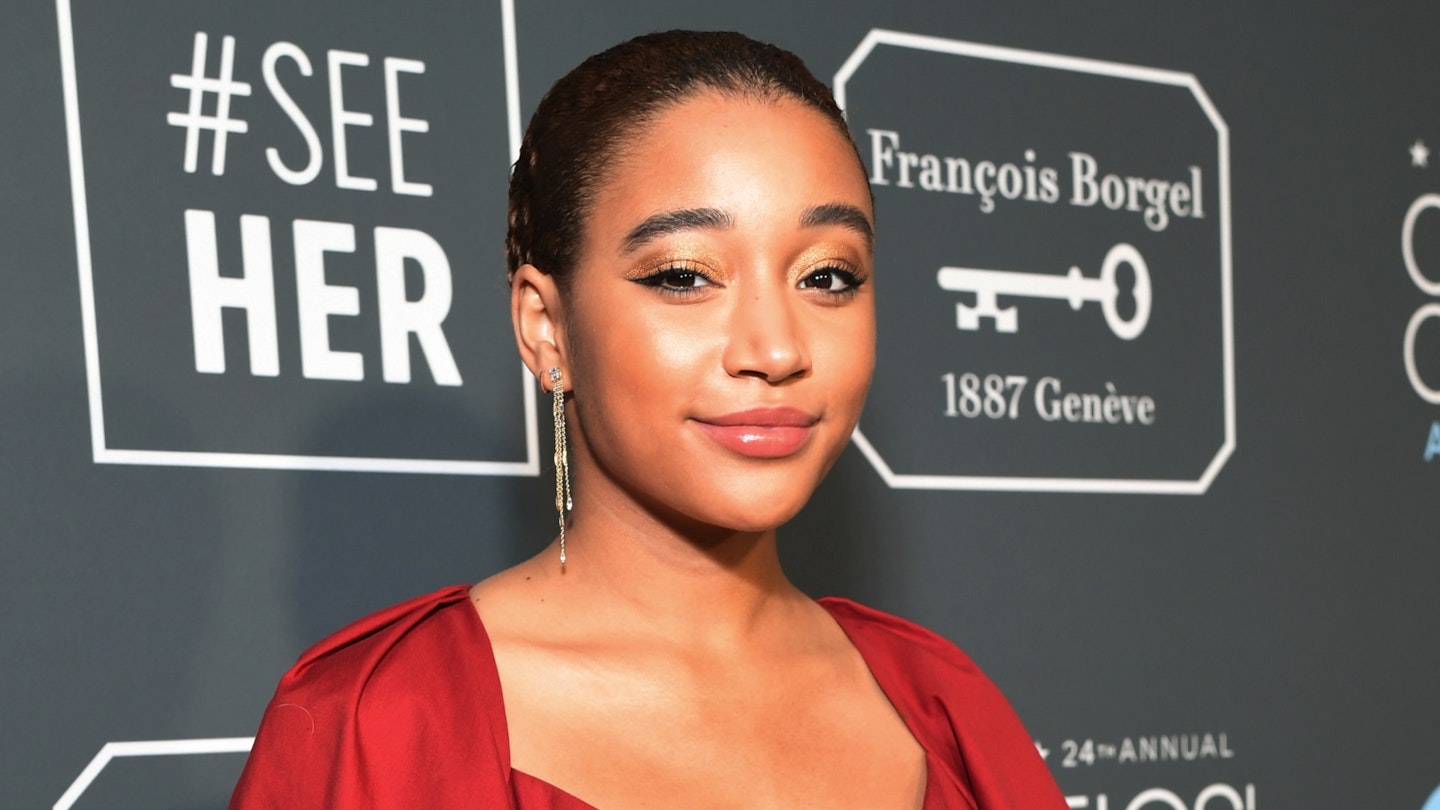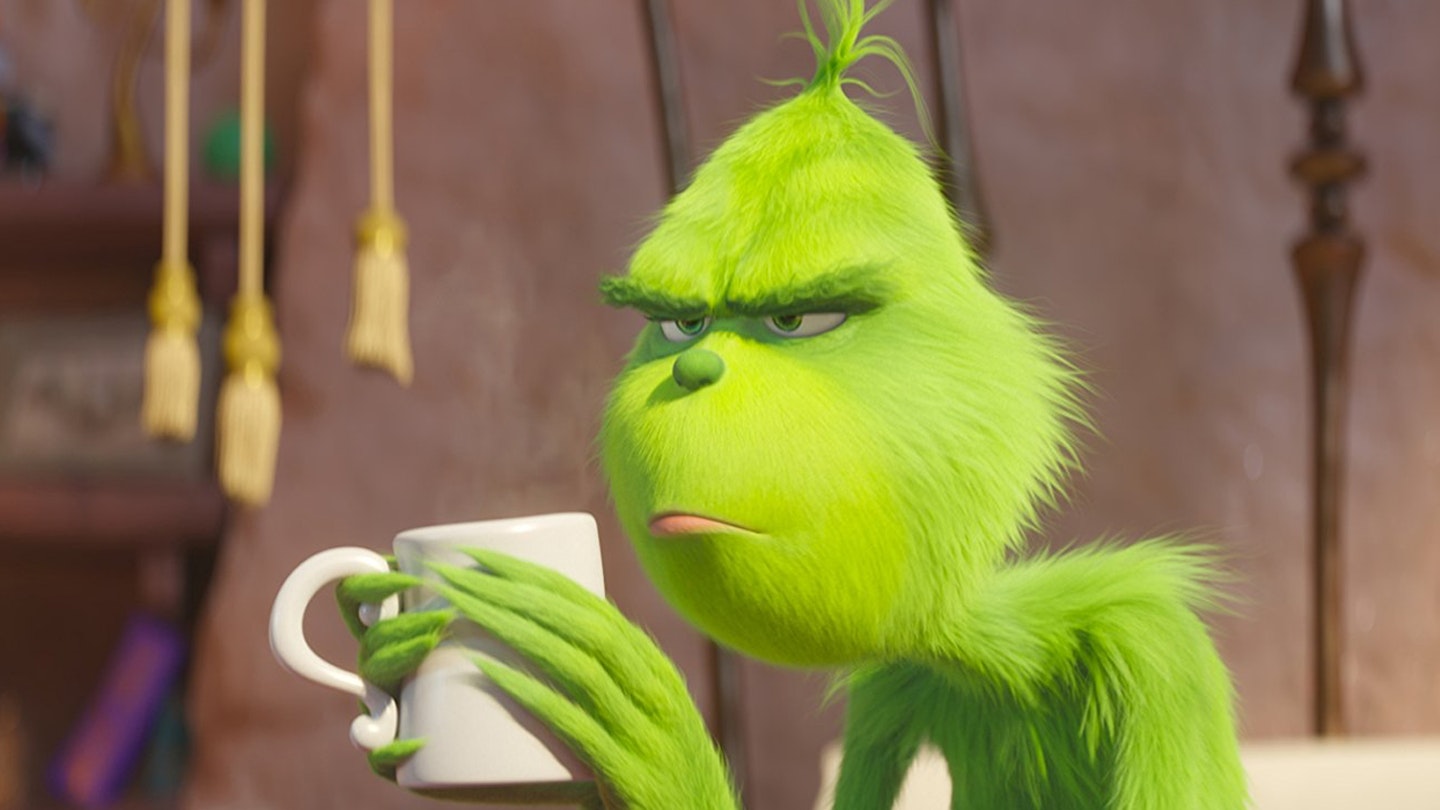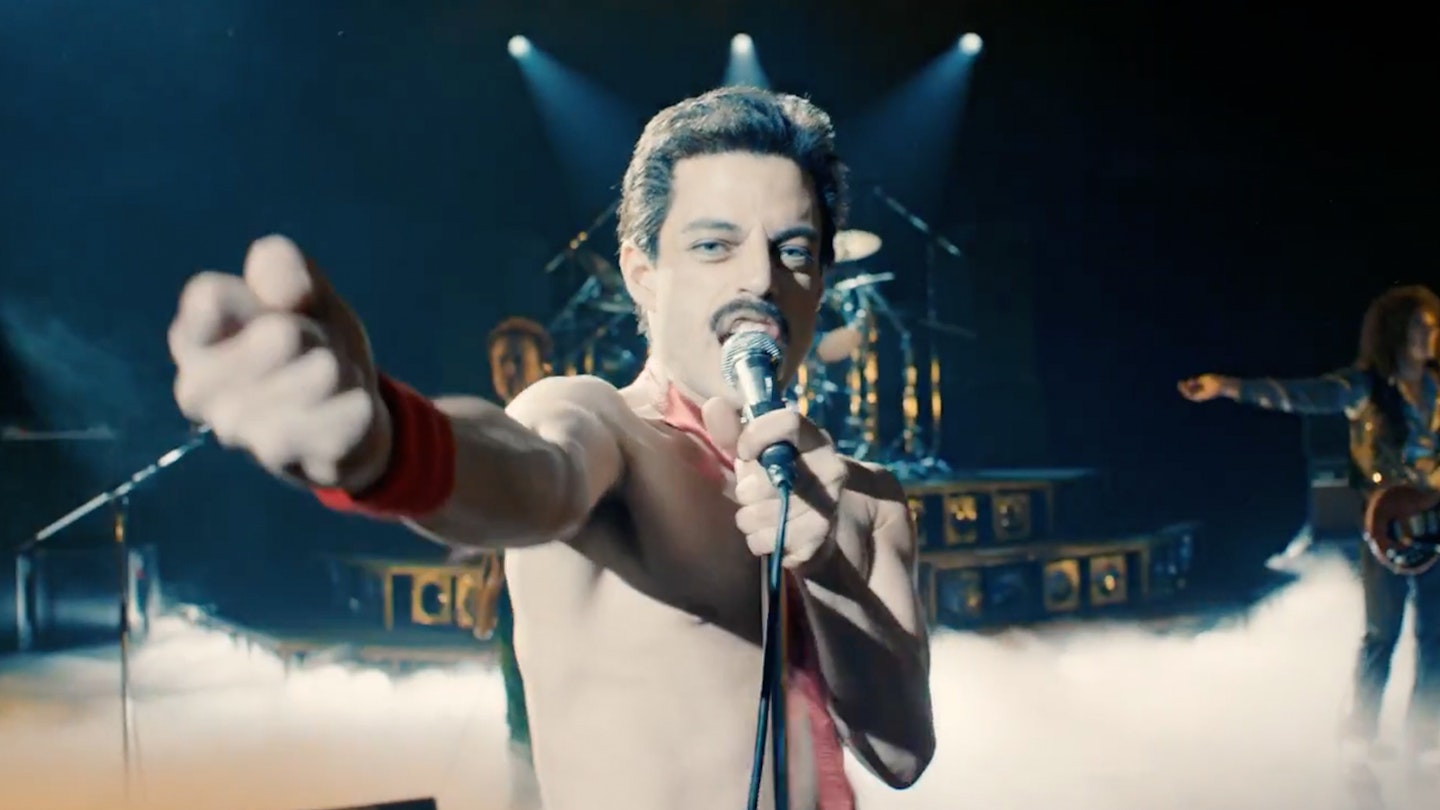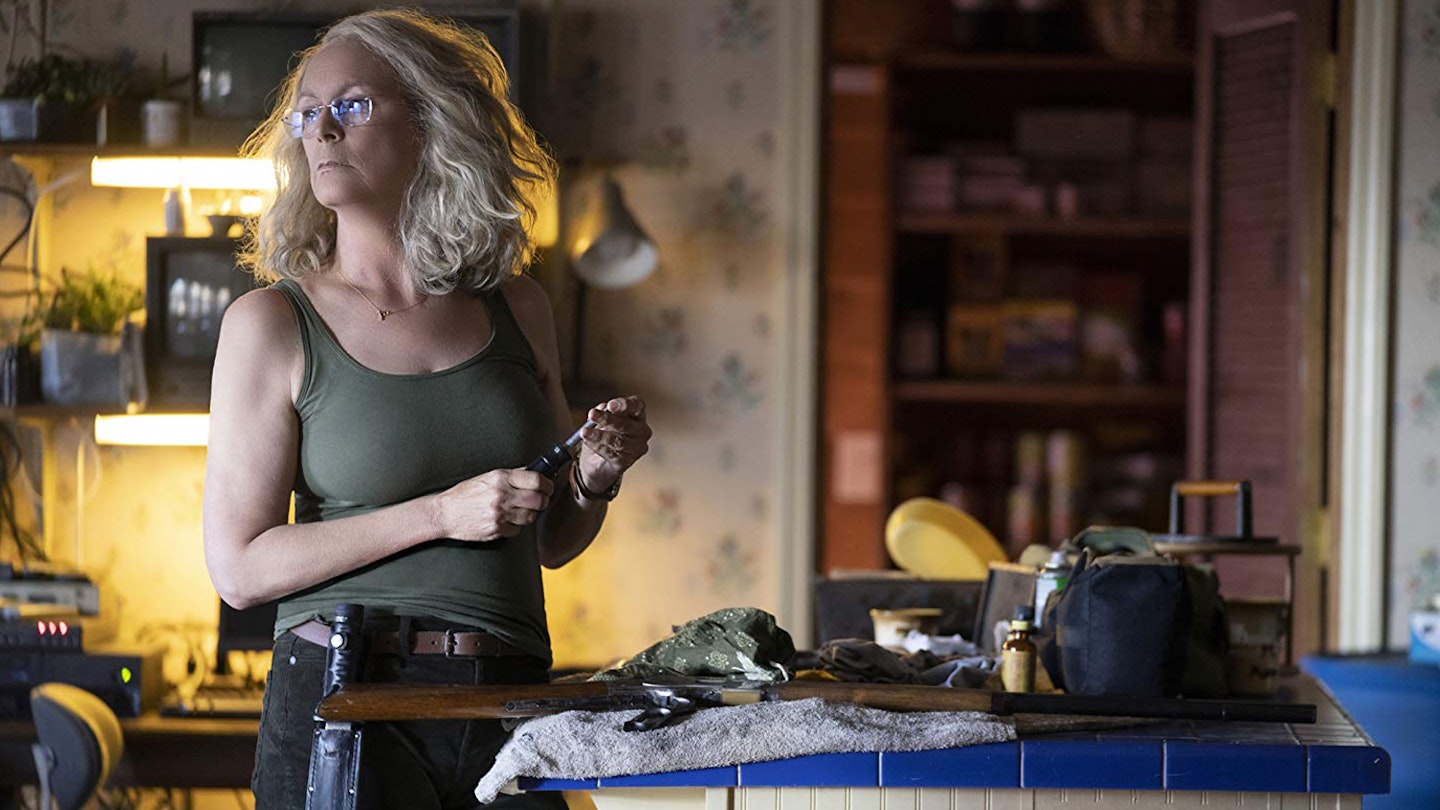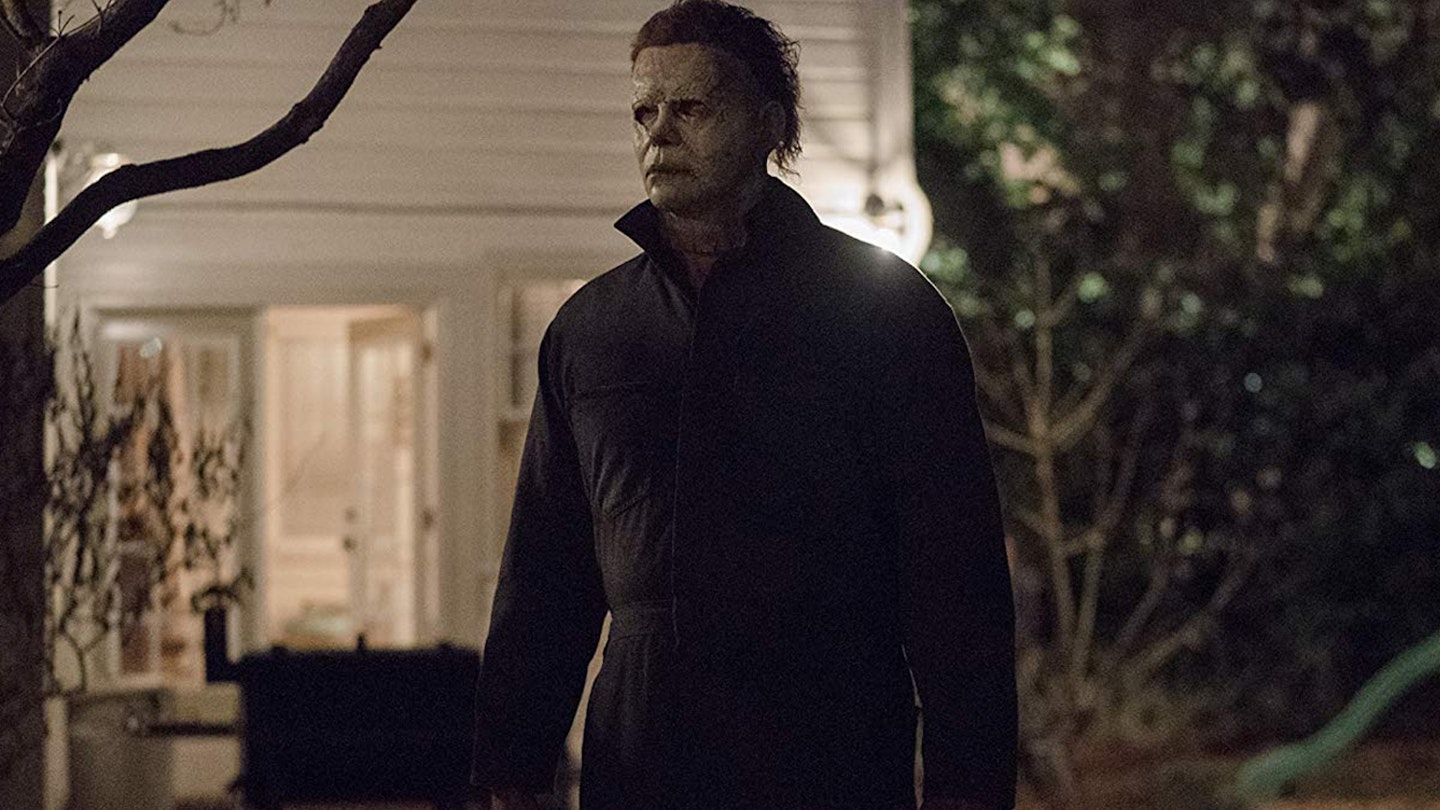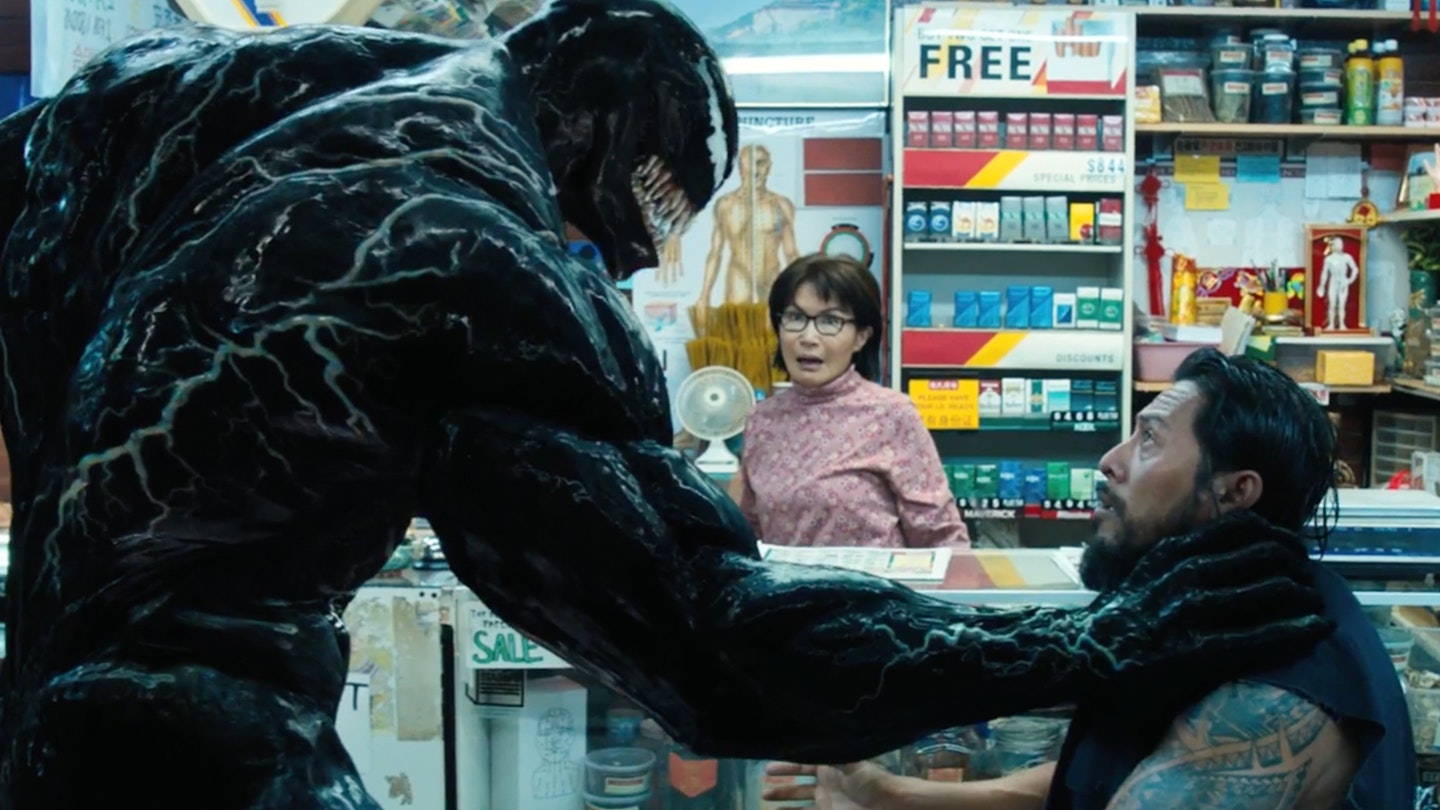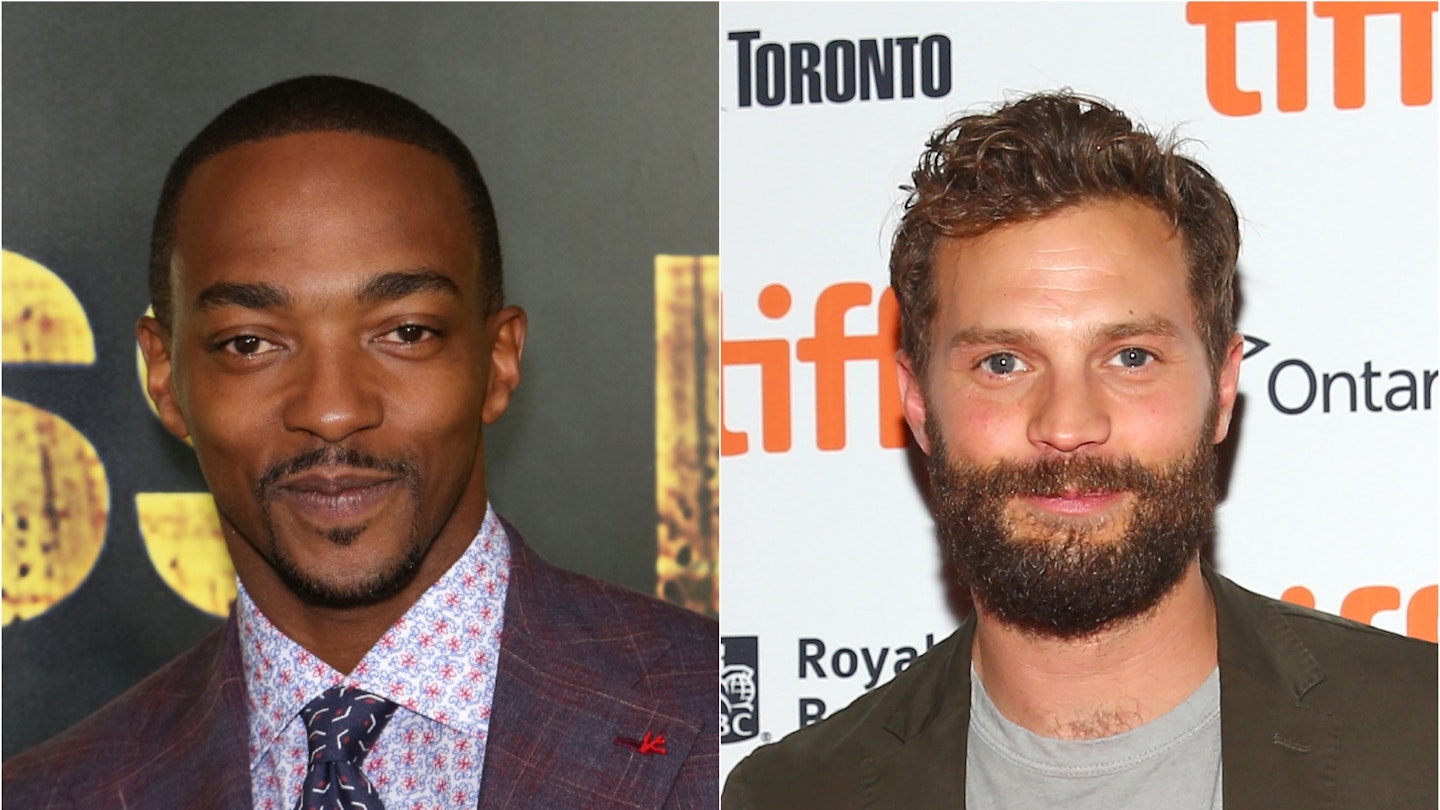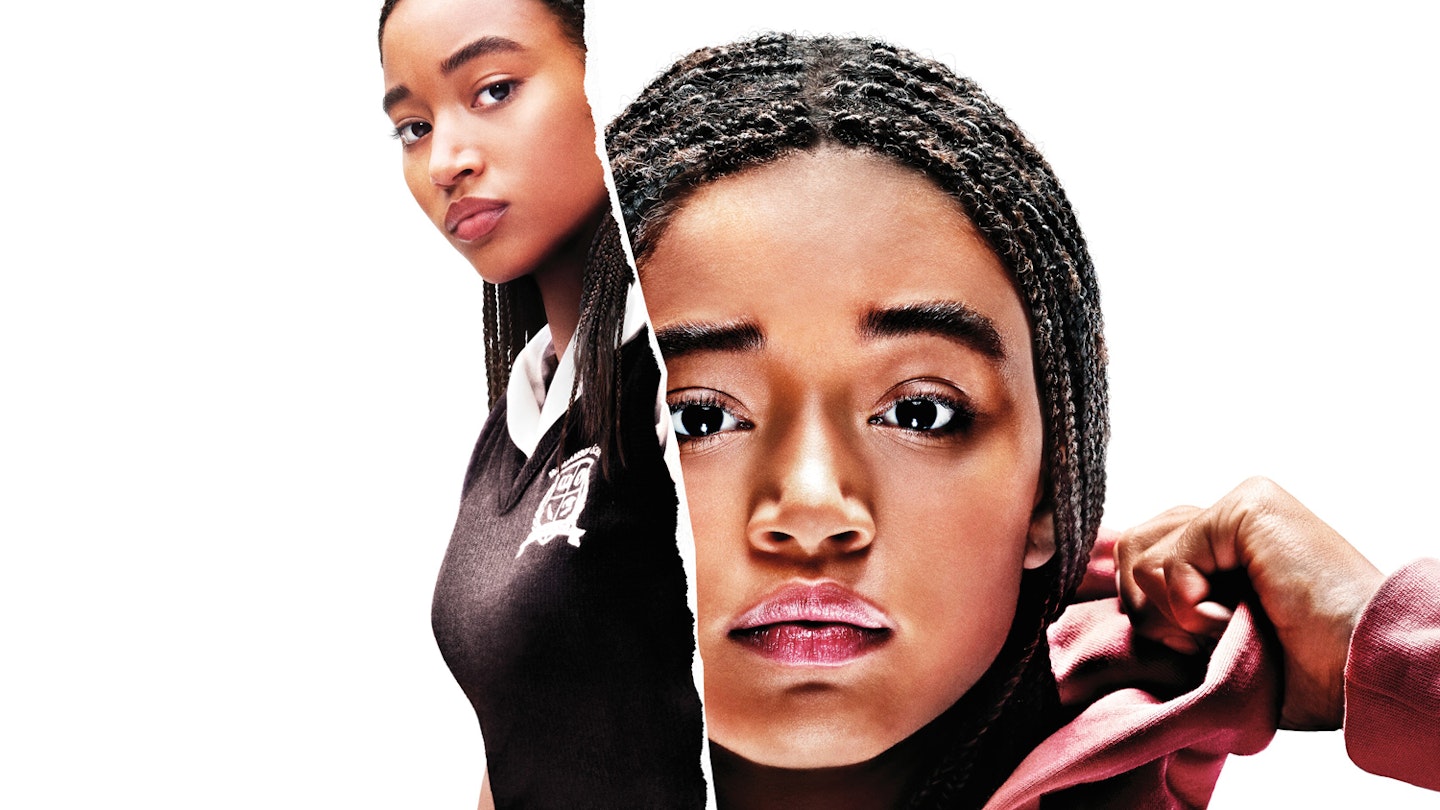Historically, Young Adult blockbuster successes have been famed for the unexpected darkness of their subject matter, whether it’s the dystopian ritual slaughter of The Hunger Games or the, um, dystopian ritual slaughter of The Maze Runner. But, generally, these stories play out in speculative sci-fi futures or worlds touched by fantasy and magic. There’s no such protective distance in The Hate U Give. And it only serves to amplify the effect of a genuinely dark, stunningly bold and utterly vital look at race relations in modern America.
Based on US first-time author Angie Thomas’s 2017 bestseller (which, in a nod to the urgency of its themes, has gone from page to screen in just over 18 months), the core story is an impressively deft melding of the personal and the political. Starr Carter (Amandla Stenberg from, funnily enough, The Hunger Games) is a black teenager who, as her narration tells us, has grown adept at oscillating between two selves; the street-smart character she shows her black friends in her Garden Heights neighbourhood and the peppy, meek girl she plays for the benefit of white private school pals who won’t accept her if she acts “too ghetto”.
The film forgoes easy answers about assimilation and the different forms racism can take.
There’s a thinkpiece-ready bluntness to these establishing scenes, as they introduce us to Starr’s family, her white boyfriend (KJ Apa) and the subtle prejudice in her white friends’ repeated attempts to be “street”. But an able cast (including The Deuce’s Dominique Fishback as Starr’s wayward Garden Heights friend) help keep things bouncing along. And the lightness of these early moments increases the impact when — as he drives her home from a party — Starr’s childhood friend Khalil (Algee Smith) is shot by a policeman during a traffic stop.
It’s here that The Hate U Give truly impresses with its unflinching power and admirable complexity. Director George Tillman Jr (Notorious) renders both the shooting and Starr’s ensuing grief with an unvarnished rawness. What’s more, as Starr’s status as a sole witness leaves her alienated from her school friends (and brings the attention of both Issa Rae’s Black Lives Matter activist and Anthony Mackie’s menacing local druglord), the film forgoes easy answers about assimilation and the different forms racism can take. At each turn, Stenberg is utterly magnetic, able to nimbly hop from sitcom lightness to wrenching emotion. Russell Hornsby, as Starr’s reformed gang-banger dad, is similarly commanding.
Yes, it has an occasional tendency to over-egg some of its messages (see the little boys having a thematically expedient gun fight during Khalil’s memorial ceremony) and there’s some daftness during the riot-set finale. But this is a scintillating, angry roar of a film that rewires the possibilities of what a teen movie can say and do.
